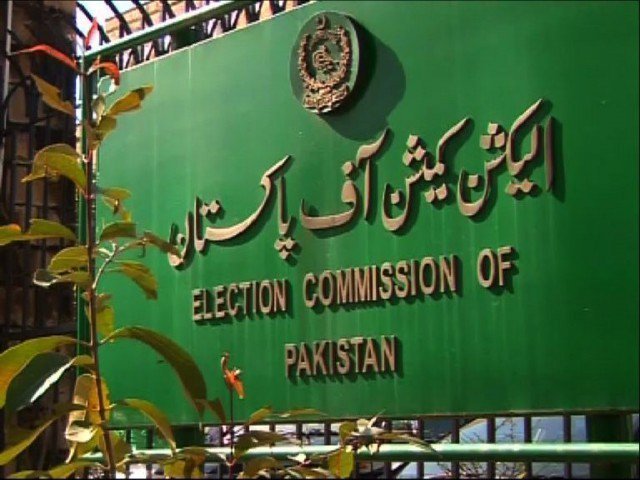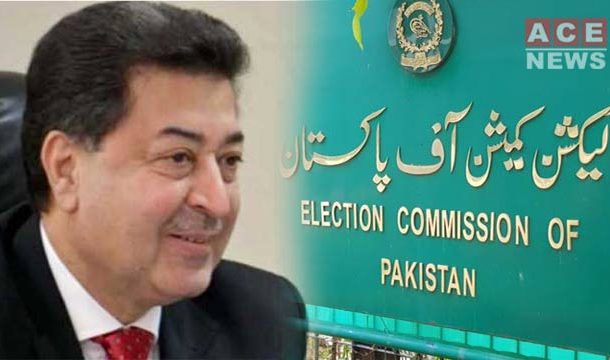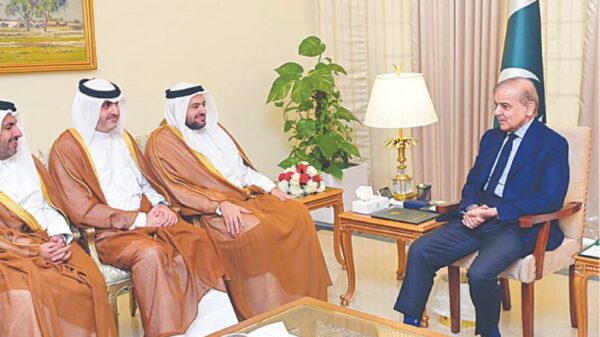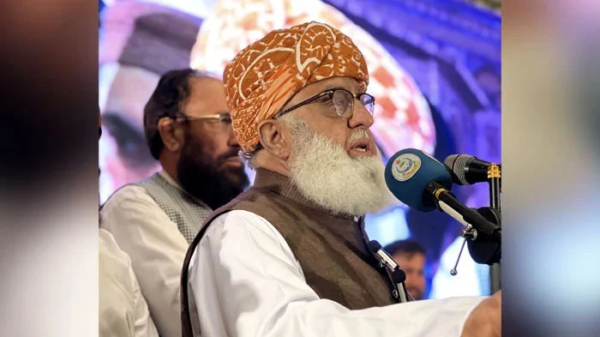ISLAMABAD: Chairman of the Executive Committee of the Pakistan Bar Council, Hassan Raza Pasha, clarified on Tuesday that the recent statement questioning the trust in Chief Election Commissioner Sikander Sultan Raja wasn’t aimed at stalling elections and wasn’t influenced by any political party.
Hassan Raza Pasha affirmed the Bar Council’s commitment to the scheduled February 8 elections and their support for the Supreme Court’s stance on the issue.
He emphasized that without the Supreme Court’s intervention, the Election Commission of Pakistan (ECP) would have exceeded the 54-day timeframe, causing a delay in the elections. He stated this while speaking in a program on Aaj TV.
Pasha highlighted that lawyers were now advocating for transparency due to previous doubts cast on election integrity.

He pointed out that the continual cycle of election grievances destabilizes governance, creating an environment of confrontation persisting until the end of the five-year term.
Regarding the recent statement against the CEC, Pasha vehemently denied any political manipulation by the PBC, clarifying that the mentioned constituencies were used as examples to prevent further doubts about future elections.
He suggested that invoking Article 217 could appoint the most senior member as the new CEC in case the incumbent steps aside, considering the absence of a prime minister or opposition leader.
Pasha likened the statement to a form of whistleblowing, asserting that lawyers were vigilantly monitoring the ECP’s proceedings and aimed to avoid any unrest.
Responding to Athar Kazmi’s query about the PBC’s previous silence on the ECP’s performance in KP and Punjab, Pasha explained that petitions were then being heard in two high courts, with a subsequent case taken up by the SC under Article 184, which raised concerns among legal bodies.
Senator Afnan Ullah Khan, acknowledging PMLN’s reservations on delimitations, noted multiple petitions filed by the party but assured their acceptance of the ECP’s decision.
However, he questioned the delayed objections to finalised delimitations and the potential issues with replacing the CEC at the moment, expressing skepticism about such a move.
I am an experienced writer, analyst, and author. My exposure in English journalism spans more than 28 years. In the past, I have been working with daily The Muslim (Lahore Bureau), daily Business Recorder (Lahore/Islamabad Bureaus), Daily Times, Islamabad, daily The Nation (Lahore and Karachi). With daily The Nation, I have served as Resident Editor, Karachi. Since 2009, I have been working as a Freelance Writer/Editor for American organizations.










